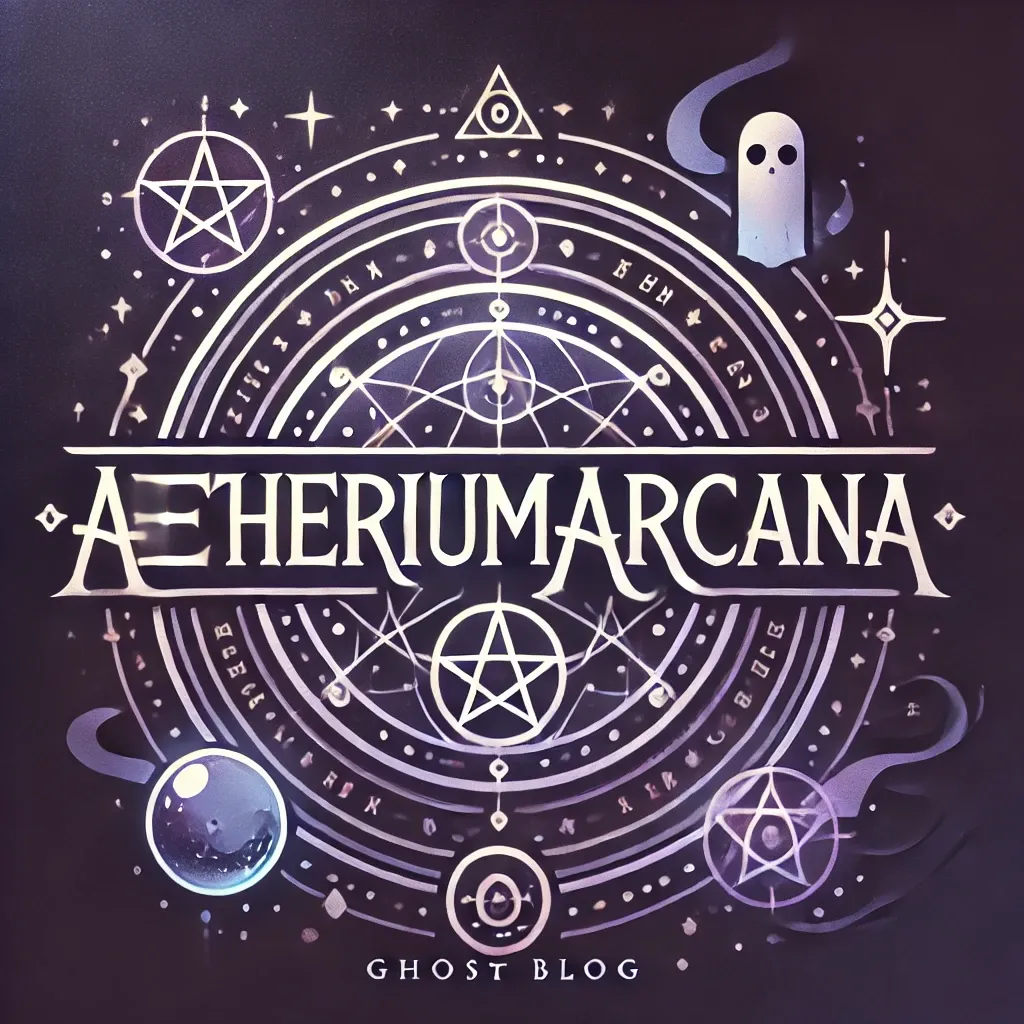Though he did not author a new version of the Bible per se, Origen's contributions to biblical textual criticism, especially through his magnum opus, the Hexapla, remain foundational in understanding the transmission of scripture.
Subscribe to continue →Origen, the Hexapla, and the mystery of missing scrolls

